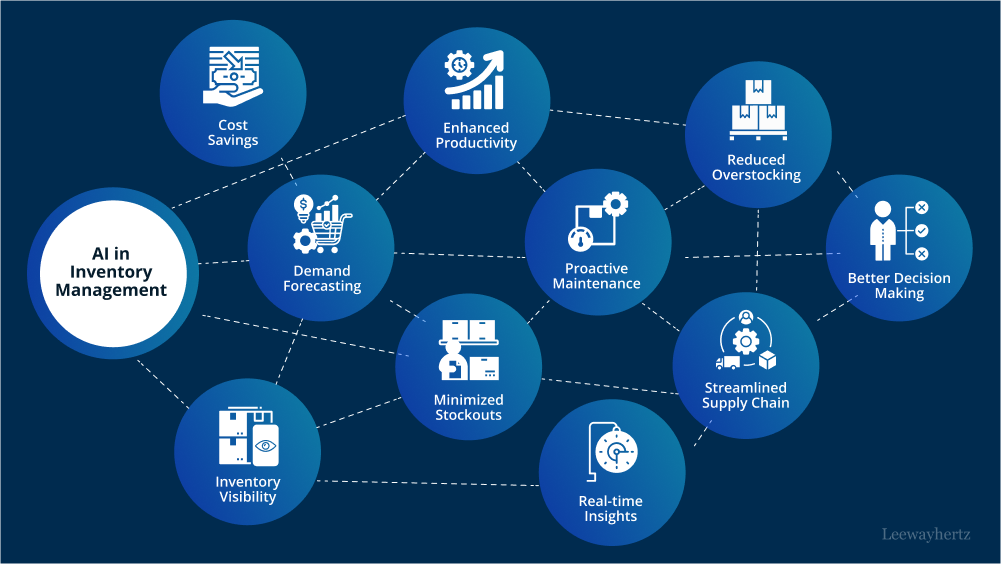AI in Retail: Smart Pricing and Dynamic Inventory Systems

Artificial intelligence (AI) is reshaping the retail landscape by enabling smart pricing strategies and dynamic inventory management systems. These technologies help retailers optimize pricing, reduce waste, and ensure product availability, enhancing customer satisfaction and business profitability.
Smart pricing leverages AI algorithms to analyze various data points, including market trends, competitor pricing, demand patterns, and consumer behavior. This enables retailers to set prices that maximize revenue while remaining competitive. For example, dynamic pricing systems, common in e-commerce, adjust prices in real time based on factors like product demand, time of day, or customer demographics. This approach ensures that retailers capture maximum value from each sale without alienating customers.
Beyond adjusting prices, AI can personalize pricing strategies. Machine learning models can segment customers based on purchasing behavior, enabling tailored promotions and discounts. For instance, frequent buyers might receive loyalty discounts, while new customers could be offered introductory deals. Personalized pricing not only boosts customer retention but also drives sales.
AI’s role in inventory management is equally transformative. Traditional systems often rely on static forecasts, leading to overstocking or stockouts. In contrast, AI-powered dynamic inventory systems analyze historical sales data, seasonal trends, and real-time market conditions to predict demand with greater accuracy. These systems help retailers maintain optimal stock levels, reducing holding costs and minimizing unsold inventory.
Dynamic inventory management also supports supply chain agility. AI systems can anticipate disruptions, such as supplier delays or changes in demand, and suggest corrective actions. For example, during peak shopping seasons, AI can ensure timely restocking of popular items, preventing lost sales opportunities.
Integration between smart pricing and dynamic inventory systems offers additional benefits. For example, AI can recommend markdowns for slow-moving items to clear inventory while maximizing margins. Similarly, predictive analytics can identify products likely to face shortages and adjust pricing or reorder quantities to maintain balance.
Implementing AI in retail requires robust data infrastructure and a willingness to embrace change. Retailers must invest in data collection tools, such as point-of-sale systems and customer analytics platforms, to feed AI models with high-quality inputs. Collaboration across departments—merchandising, marketing, and supply chain—is essential to align AI-driven strategies with overall business objectives.
As AI continues to evolve, its applications in retail will grow more sophisticated. Emerging technologies like edge AI can bring real-time decision-making capabilities directly to retail environments, enhancing responsiveness. Meanwhile, ethical considerations, such as avoiding price discrimination and ensuring transparency, will remain important as retailers adopt AI at scale.
By integrating smart pricing and dynamic inventory systems, AI empowers retailers to deliver value to customers while maintaining operational efficiency, paving the way for a more responsive and data-driven retail experience.
Stay ahead with ITBusinessNews – Your trusted source for Technology and Business news. Fast & Precise




